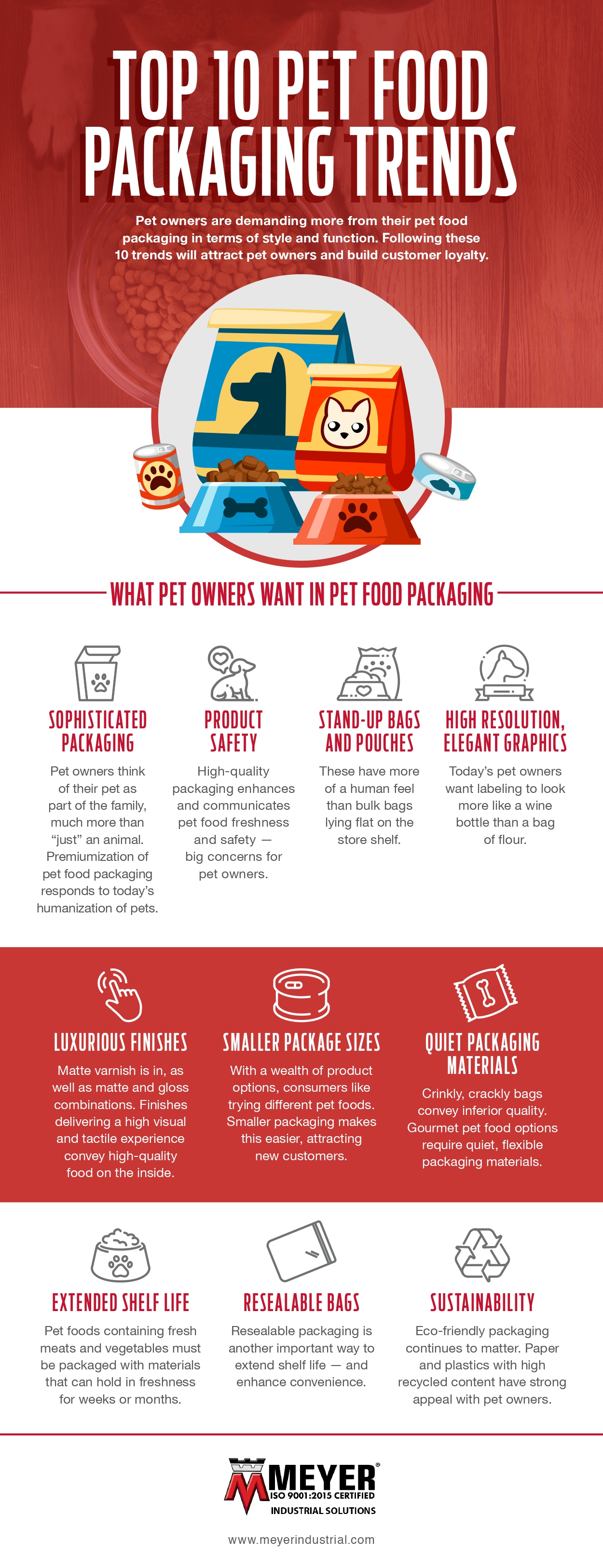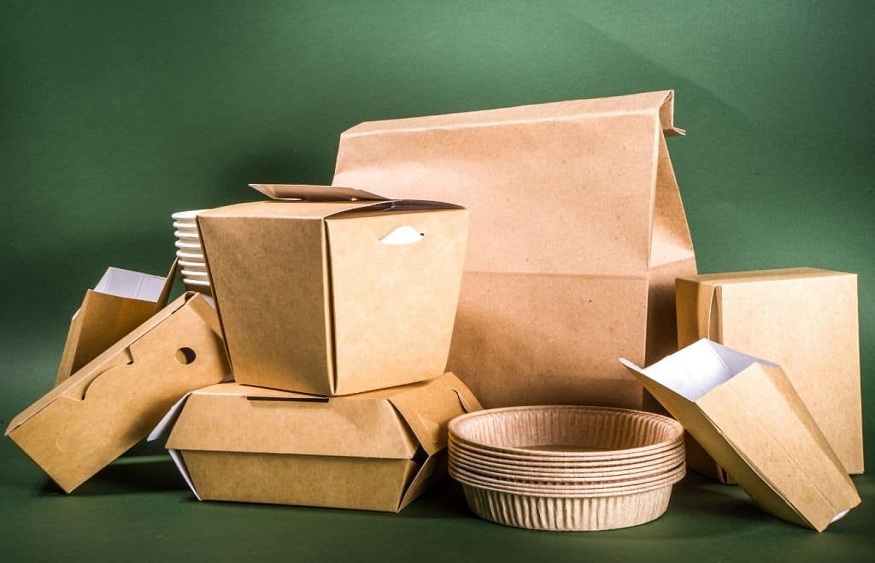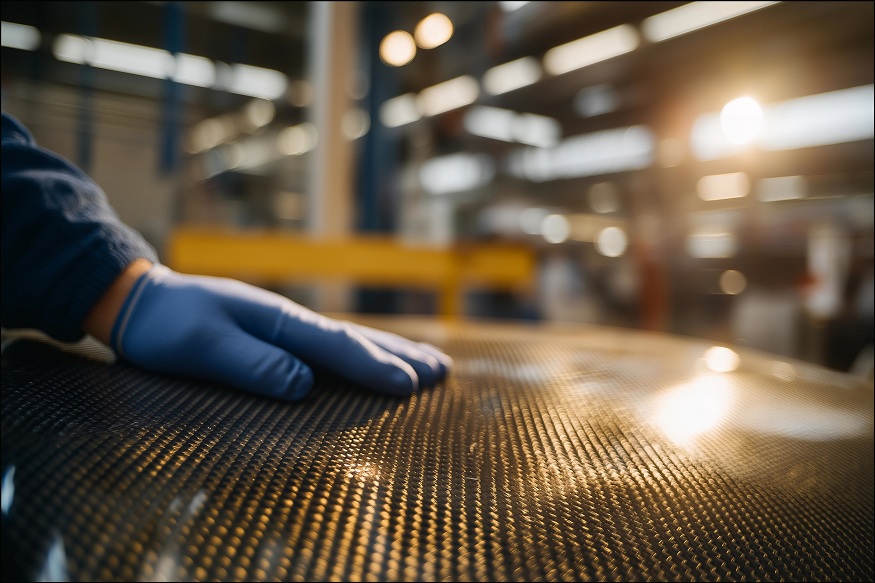Flexible packaging makers are rising to meet the challenge of providing more eco-friendly solutions as consumers grow increasingly concerned about sustainability and the environmental impact of packaging waste. Food, consumer goods, and other products commonly employ flexible packaging such as bags, pouches, and wraps. However, because they are made of lightweight plastic, they are more likely to wind up as litter or in landfills. We will look at how flexible packaging manufacturer are developing to provide more sustainable solutions, as well as if their efforts will help alleviate the worldwide packaging waste problem.
Recyclability and New Materials
One of the most important areas of concentration for flexible packaging makers is the development of new ecologically friendly materials. Many people are experimenting with bio-based polymers derived from renewable resources such as plants rather than fossil fuels. When compared to traditional plastics, these bio-plastics can minimize dependency on non-renewable materials and lower carbon emissions. Flexible packaging manufacturers are likewise attempting to make their products more recyclable. Some designers are creating pouches, bags, and wraps using a single polymer layer that can be mechanically recycled rather than numerous laminated layers that are currently sent to waste-to-energy facilities. Manufacturers also want to standardize labeling and educate the public about which flexible packaging can be recycled in local programs. Flexible packaging may one day have recycling rates comparable to rigid containers if innovation continues.
Options for Compostable and Biodegradable Materials
Flexible packaging makers are developing compostable and biodegradable films and laminates for uses where recycling is not possible. These are made of components that degrade naturally in commercial or home composting, such as polylactic acid (PLA) and cellulose. They can offer a more environmentally friendly alternative to single-use food service goods such as sandwich wraps and snack bags. Some businesses are even manufacturing commercially biodegradable flexible pouches for dry goods, personal care products, and other consumer items. These innovative designs have the potential to remove a considerable amount of packaging waste from landfills when composting infrastructure improves to support them. Flexible packaging manufacturers are well-positioned to spearhead the transition to more sustainable choices in this sector.
Plastic Use and Waste Reduction
Aside from material advancements, flexible packaging makers are concentrating on using less plastic overall and decreasing waste at the source. Many people are reworking existing package styles to employ thinner gauge films and laminates while still protecting the goods and extending their shelf life. Some are even able to reduce container sizes while maintaining content by improving packaging designs. Flexible packaging manufacturers are also enabling more targeted portioning by using stand-up pouches, slider resealable bags, and other formats that encourage consumers to use all of the contents before discarding the container. These technologies have the potential to significantly reduce the amount of plastic entering the trash stream per unit. Manufacturers, with their product development capabilities, are well-positioned to promote further plastic reduction.
Investment in Recycling Infrastructure
For many of the new recyclable and compostable flexible packaging formats to reach their potential, investment is still needed to expand supporting infrastructure. Flexible packaging manufacturers recognize this challenge and some are taking action. For example, several producers are investing directly in mixed waste MRFs (material recovery facilities) to improve sorting technology that can effectively separate flexible film plastics. Others are funding research at universities into chemical recycling methods. Still more are collaborating with waste management companies on pilot programs for curbside collection of flexible packages. Through financial support, flexible packaging suppliers are working to build out the necessary recycling infrastructure to handle the next generation of sustainable solutions.
Collaborations with Retailers and Brands
Flexible packaging manufacturers are engaging with retailers to promote more sustainable solutions in addition to collaborating with consumer brands. Some manufacturers have collaborated with supermarket chains to provide compostable produce bags and other store products. Others are collaborating with food packaging containers online shops to send packages using compostable mailers and cushioned envelopes. These collaborations have the potential to make a significant impact by making sustainable flexible packaging broadly available where customers already shop. Working closely with retailers also provides flexible packaging suppliers with useful insights that they can use to better satisfy the demands of their customers through product innovation. These symbiotic partnerships are hastening the transformation.
It is critical to maintain progress.
While flexible packaging producers have made significant work toward producing more sustainable solutions, further progress and scaling up efforts will be required to effectively solve package waste challenges. Expansion of recycling infrastructure, increased optimization of package designs, and implementation of extended producer responsibility programs all necessitate continual effort. Flexible packaging suppliers will most certainly continue to play an active role in the future by refining existing inventions, piloting new technologies, and campaigning for favorable regulations and investment. The flexible packaging industry is well-positioned to be a leader in the transition to a circular economy model due to its commitment to continuous innovation.
Advocacy on behalf of the government and industry standards
Aside from product innovation, flexible packaging producers play a key role in policy and lobbying. Many companies are actively collaborating with governments and authorities to adopt extended producer responsibility regulations, set recycling objectives, and establish industry-wide sustainability standards. They can help drive the construction of enabling legislation and infrastructure needed to scale up solutions by sharing expertise and research. Flexible packaging manufacturers are also participating in several trade groups where best practices and guidelines for sustainability are debated. If the industry can come together behind a consistent set of standards, it will send a clear signal to the market, accelerating the transition to a more circular economy model. Flexible packaging producers are well-positioned to drive systemic change due to their clout.
Conclusion
As customer demand for environmentally friendly solutions grows, flexible packaging suppliers are responding by developing novel recyclable and compostable materials, optimizing package designs, and pioneering take-back initiatives. The flexible packaging business can improve package sustainability through product innovation, partnerships, advocacy, and policy action. Flexible packaging may play a vital part in tackling global waste and environmental challenges if manufacturers continue to advance solutions and promote a circular economy strategy. Flexible packaging manufacturers are exhibiting their ability to be leaders in the development of more sustainable packaging formats. If their efforts are sustained, they may hold the key to growing the popularity of environmentally beneficial alternatives.

Infographic created by Meyer Industrial, offering double flap airlock valves designed for medium-pressure applications



